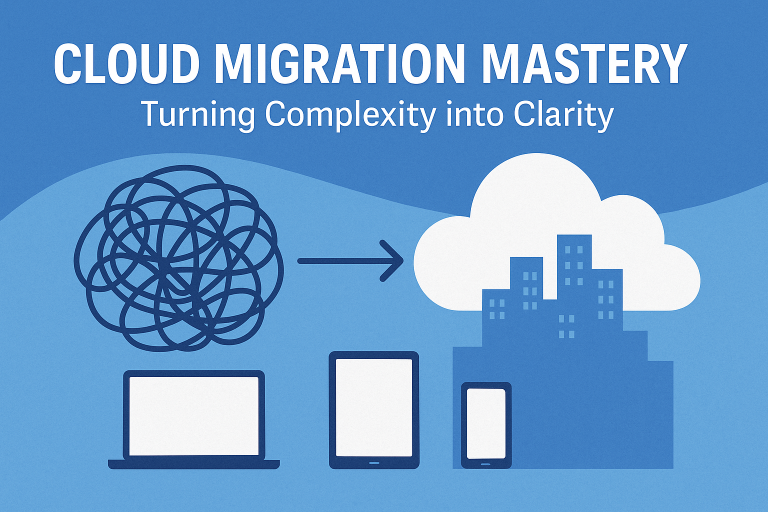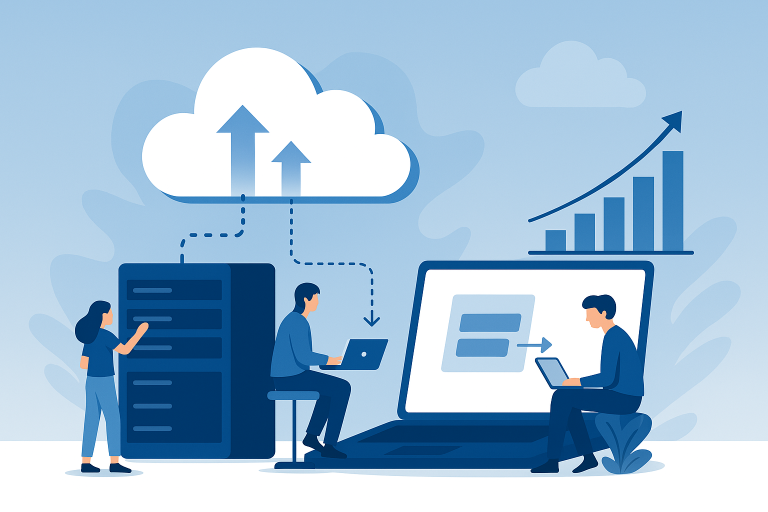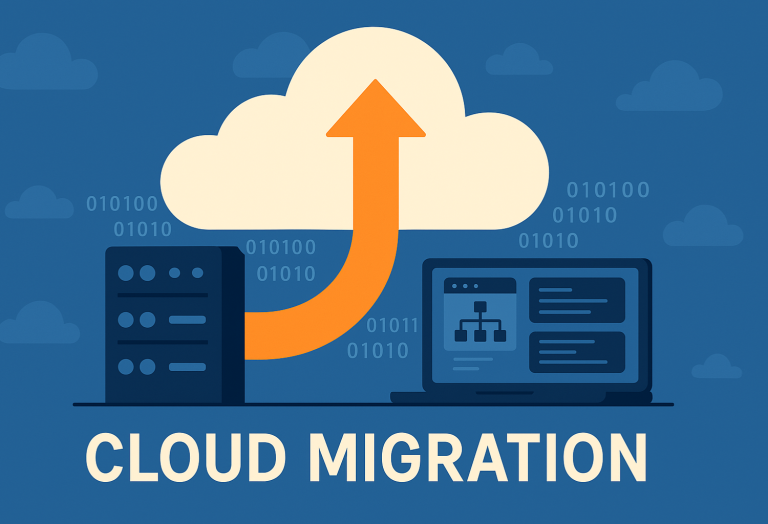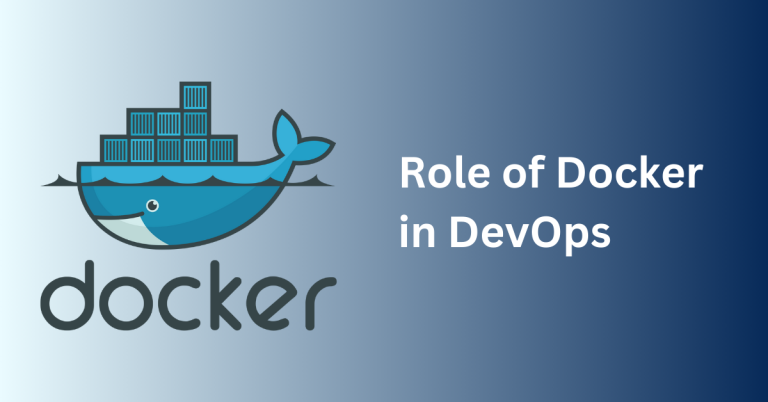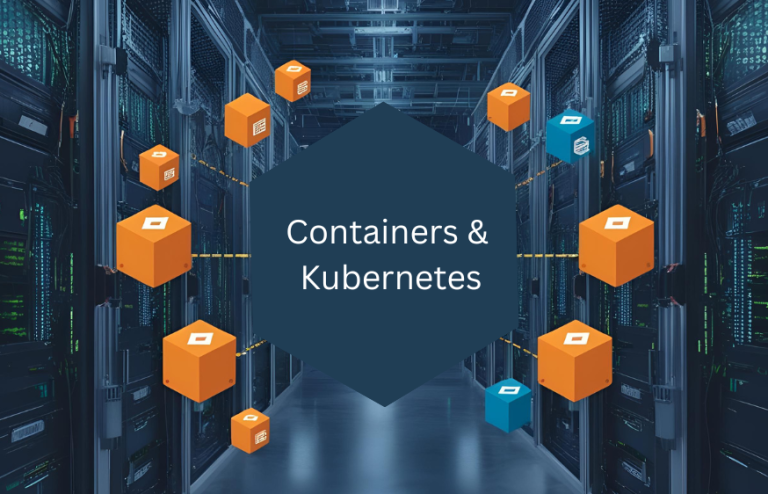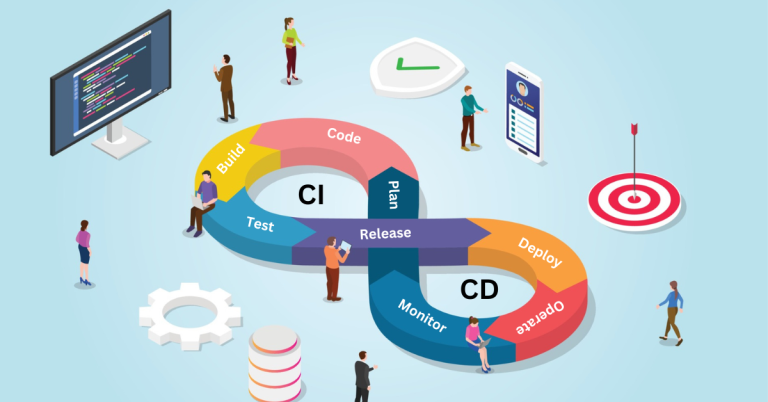
Cloud vs. Data Center: Which one is better for your business? Structured data is one of the most valuable assets of the modern age. Every organization looks for suitable and affordable data storage measures to keep its data safe. But storing and fast-moving extensive quantity data can be expensive for organizations. Plus, the volume of data businesses generate continues to grow astoundingly. Therefore, the need for cost-effective solutions to store and move this data has become more pressing than ever before. While traditional on-premise data centers have been the norm for decades, the rise of cloud data centers (CDCs) has presented organizations with an alternative solution that promises a more integrated and flexible approach to data management.
In this blog post, you can explore the key differences between on-premise data centers and the cloud and their pros and cons. This information will help you make the best decision for your enterprise when considering the Cloud vs. Data Center debate.
What is a Data Center?
A data center refers to a physical facility that houses an enterprise’s IT infrastructure, including servers, storage devices, and networking equipment. The facility is designed to provide a secure data storage, management, and processing environment. Depending on the business’s size and needs, the data center can be owned and operated by the organization or a third-party provider.
Advantages of a Data Center
Complete control:
Companies that opt for a data center have full control over their IT infrastructure. They can customize their setup to meet their specific requirements, including hardware and software configurations. This level of control allows businesses to optimize their resources and ensure high availability for their critical applications.
Security:
Data centers are designed to provide the utmost protection for your data. They have measures in place to protect against physical and cyber threats. These measures include access controls, video surveillance, fire suppression systems, and redundant power supplies. These security measures ensure the safety of your business from unauthorized access, theft, and natural disasters.
High performance:
Data centers offer high performance and low latency. This is because the infrastructure is dedicated to a single organization, meaning there are no shared resources. Additionally, data centers are located near telecommunication providers, which ensures fast and reliable connectivity.
Disadvantages of a Data Center
High capital costs: Setting up a data center is costly. Companies need to purchase the necessary hardware, software, and networking equipment. Additionally, they need to pay for the facility’s construction, maintenance, and electricity bills. These costs can be a significant burden for small and medium-sized businesses.
Scalability:
Data centers are not very scalable. For instance, if a business needs to expand its IT infrastructure, it must purchase additional hardware and equipment. Furthermore, this process can be time-consuming and expensive, which makes it challenging for companies to keep up with their growing needs. Consequently, businesses may struggle to respond to changing demands effectively.
What is the cloud?
The cloud is a remote server network that stores, manages, and processes data over the Internet rather than on a local server or personal computer. Cloud providers offer infrastructure, platforms, and software-as-a-service (IaaS, PaaS, and SaaS). Here you can access computing resources and services on demand without investing in physical infrastructure.
Advantages of the cloud
Cost-effective:
Cloud providers offer a pay-as-you-go model, meaning you only have to pay for the resources you use. This model eliminates the need for companies to purchase expensive hardware and software, reducing capital costs significantly.
Scalability:
Cloud providers offer unlimited scalability. As a result, businesses can quickly increase or decrease their computing resources and services as their needs change. Consequently, this flexibility allows companies to keep up with their growing needs without incurring significant costs. Therefore, organizations can adapt to market demands efficiently and effectively.
Accessibility:
The cloud is accessible from anywhere in the world with an internet connection. This makes it easy for businesses to work remotely and collaborate with team members from different locations.
Disadvantages of the Cloud
Dependence on the provider:
Consequently, businesses that opt for the cloud must depend on their provider for their IT infrastructure. As a result, they will not have complete control over their setup; instead, they will have to rely on their provider’s security measures.
Security concerns:
While cloud providers have measures in place to protect their infrastructure, businesses still face security concerns. Hackers can target cloud providers, leading to data breaches and loss of sensitive information. Additionally, companies may face regulatory compliance issues when storing certain data types on the cloud.
Performance issues:
The cloud relies on internet connectivity, which can be a bottleneck for some applications. High latency can affect application performance, leading to slow load times and poor user experience.
Which one is better for your business?
Choosing between Cloud vs. Data Center ultimately depends on your business needs and requirements. For example, small businesses with limited resources may find the cloud more cost-effective and flexible. On the other hand, large enterprises with sensitive data may prefer the control and security offered by a data center.
Before making a decision, consider the following factors:
Budget:
How much can your business afford to spend on IT infrastructure? Cloud providers offer a pay-as-you-go model, which can be more cost-effective for companies with limited budgets. However, businesses that can afford the upfront costs may prefer to enjoy a data center’s control and customization facility.
Security:
How sensitive is your data? Data centers offer more control and protection over your IT infrastructure, making them a better choice for businesses with highly sensitive data. However, cloud providers have robust security measures in place, making them suitable for companies with less sensitive data.
Scalability:
How fast is your business growing? The cloud offers virtually unlimited scalability, making it suitable for companies with rapidly changing needs. Data centers are less flexible and may not be ideal for growing businesses.
While both traditional data centers and cloud data centers have their strengths and weaknesses, a hybrid solution is often an ideal choice for businesses looking to optimize their infrastructure. By carefully weighing each option’s pros and cons and considering your organization’s unique needs, you can make an informed decision to set yourself up for success.
Conclusion
The best option for your business depends on your needs and budget. If you need a lot of computing power and don’t want to worry about hardware failures or maintenance, cloud computing is probably the better option. However, if cost is an issue or you want more control over how your data center is set up, investing in a traditional data center may make more sense.
Regardless of which way you go with this decision, you must weigh all the pros and cons before making any final decisions. You can also consult a trusted IT infrastructure consulting services provider the choose the right data storage option for your organization.
